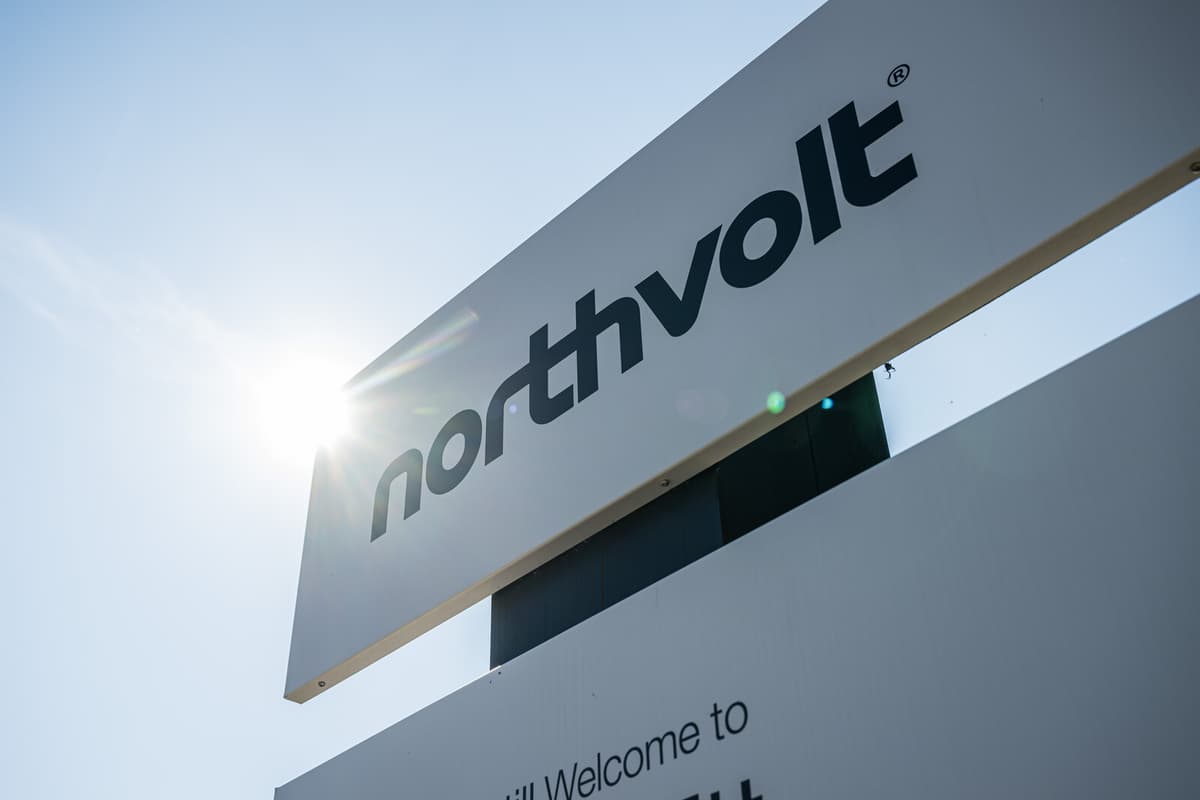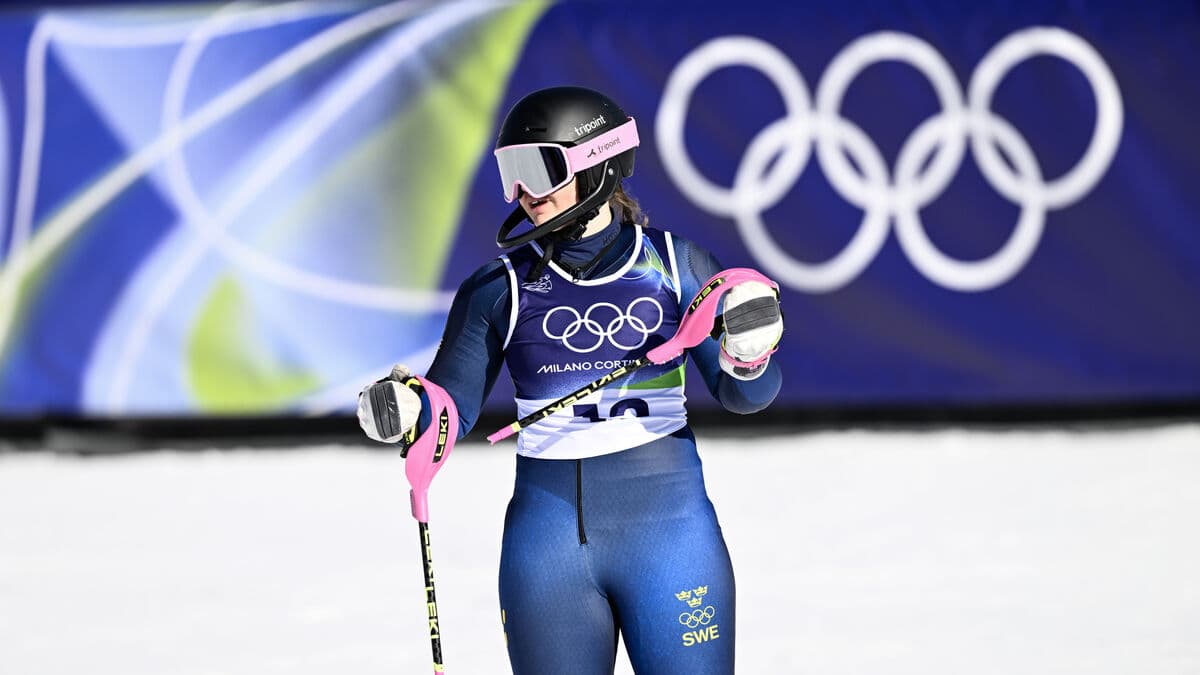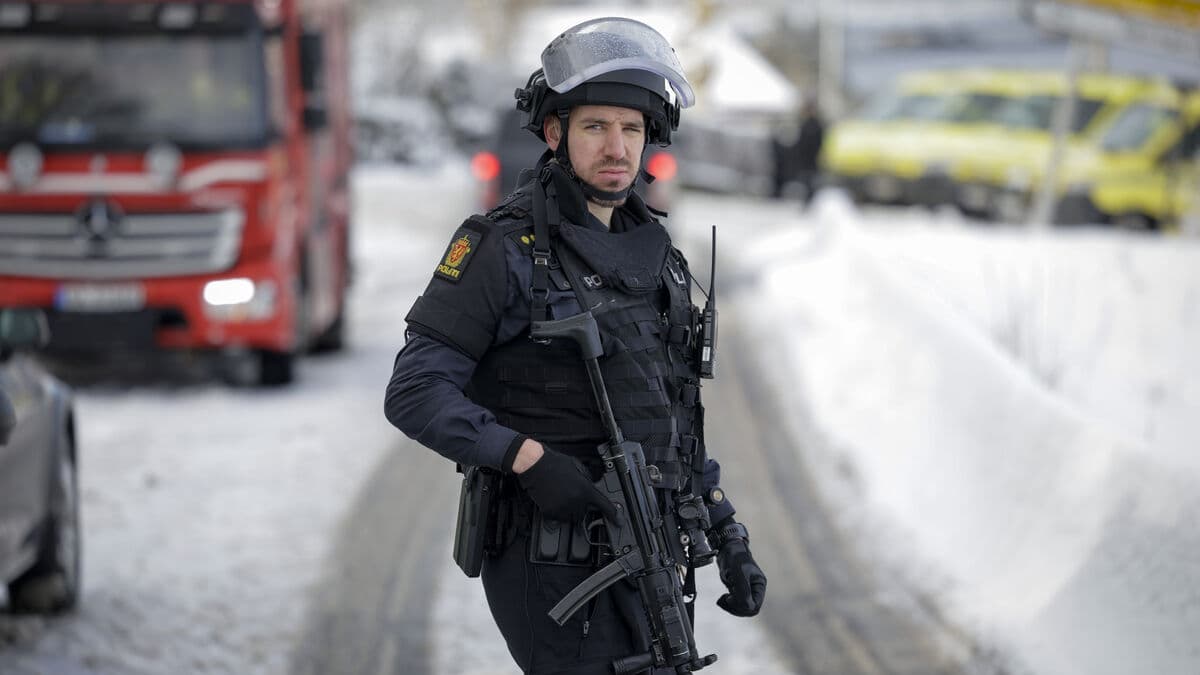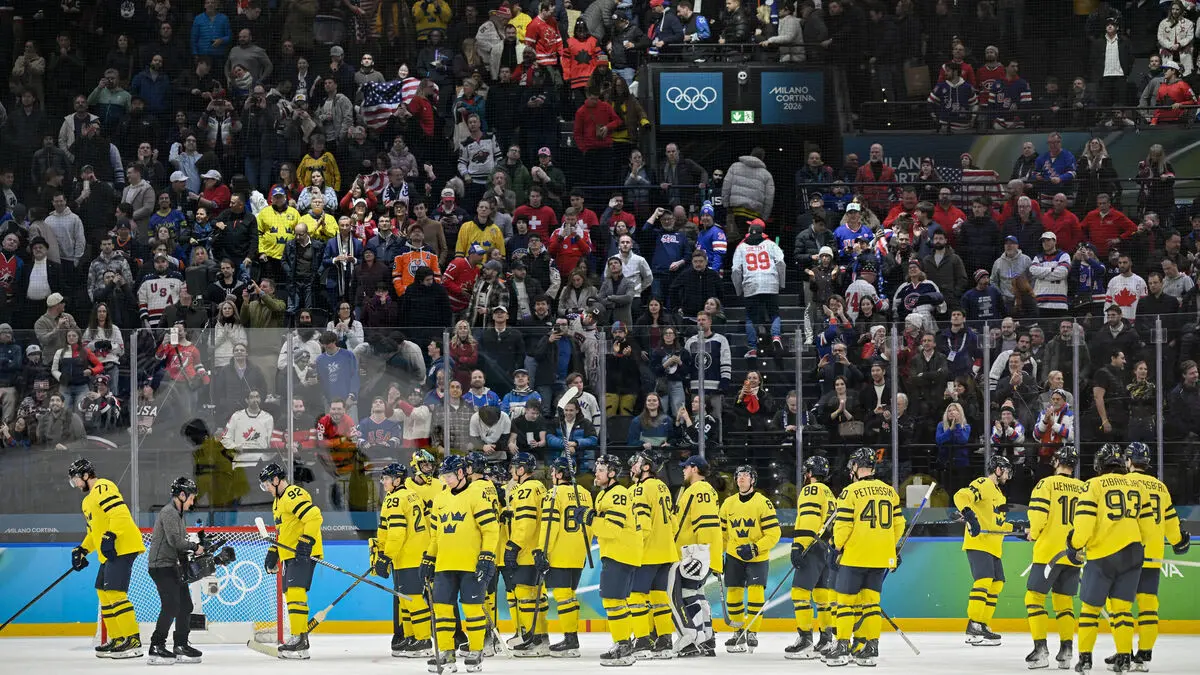In a press release, the bankruptcy trustee Mikael Kubu writes that the current setup, where production has been able to continue thanks to the only remaining customer Scania, is no longer working.
"This setup is not sustainable in the long term for a single interested party, and therefore not for the bankruptcy estate either. Therefore, a shutdown of battery cell production at Northvolt One will occur, with the goal of stopping on June 30", it says in the message.
"It's not viable for us to take on the entire note", says Scanias press chief Erik Bratthall.
Few buyers
According to him, thousands of Scania trucks with Northvolt batteries are rolling on the roads.
"All our customers say that they are really good batteries."
Can you return as a customer if a new buyer of the factory shows up?
Absolute. But unfortunately, the trustee has stated that there is no buyer knocking on the door and can take over this, says Bratthall.
The trustee writes that there are interested parties and speculators for the different operations in the Northvolt group and that talks and negotiations are ongoing. These are at different stages in the different operations.
Regarding the battery factory in Skellefteå, it's still a long way to go.
"The problem is that with such enormous facilities, there aren't many buyers in the world who come into question. This is an operation that requires extensive state or EU support to get around", says Mikael Kubu to Sveriges Radio.
Broadened supplier base
Production at Northvolt's facility in Skellefteå has continued with 900 employees after the bankruptcy on March 12 this year. It has been possible because Scania, as the only customer, has continued to buy batteries and has also paid more for them than before the bankruptcy.
SVT reports that Scania will instead buy batteries from the Chinese manufacturer CATL. It's nothing the truck manufacturer wants to comment on, than that the company has broadened its supplier base recently.
"I can only state that there is no longer a single producer in Europe that produces this type of battery cells", says Bratthall.
Corrected: In an earlier version of the text, the wrong month was stated when production could stop.






